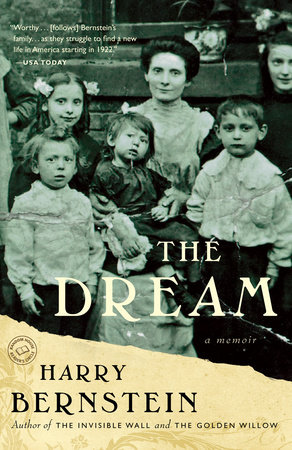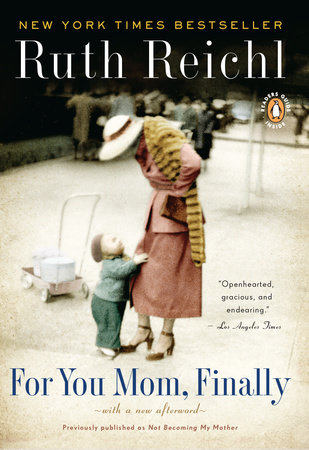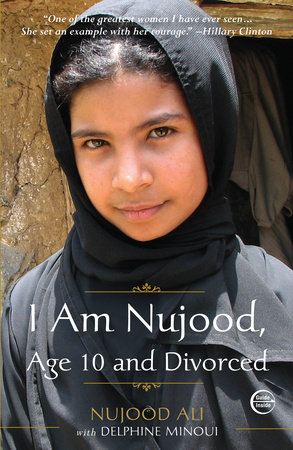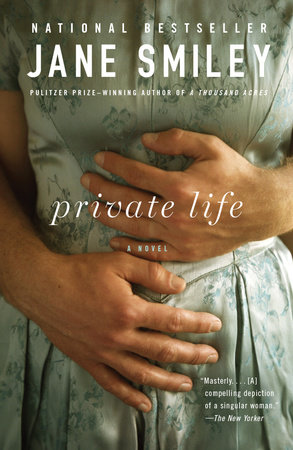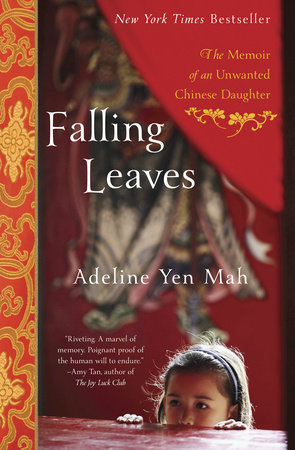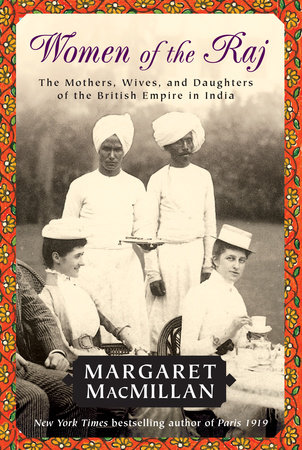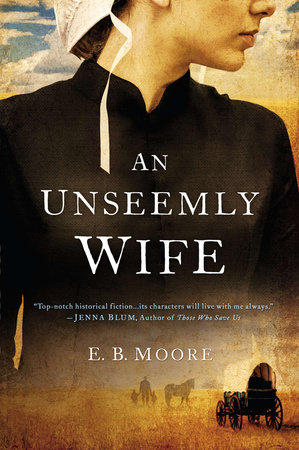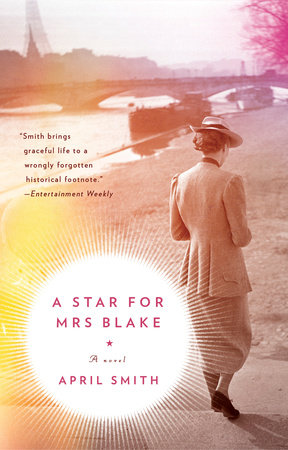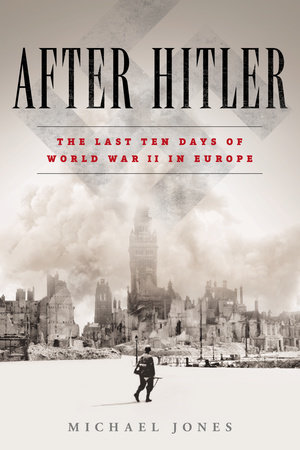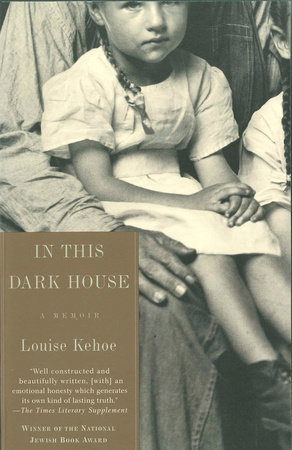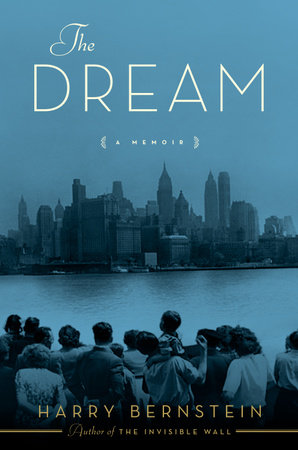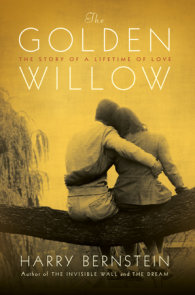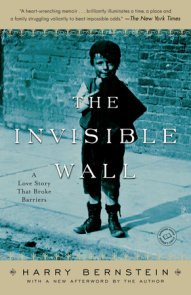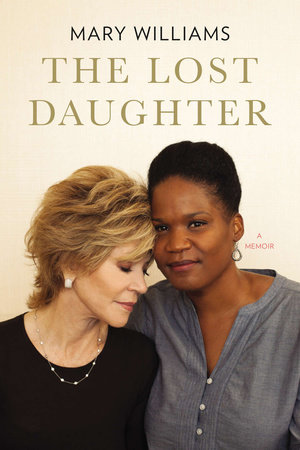Author Q&A
A Conversation with Harry Bernstein
Random House Reader’s Circle: In the Epilogue, on page 256, you write, “I am able to look back on my life and see the whole of it spread out before me clearly in a huge panorama of events, people, places, and everything that happened to me. I am very fortunate. Age is supposed to dim memory, but mine has sharpened to where I can see things with even greater clarity than when they actually happened.” Why do you think you have been blessed with a memory that only gets sharper as the years pass?
Harry Bernstein: I can not account for my good memory other than either sheer luck or that this is not unusual among many people. If they are in good health and have something to think about in the past that is worth thinking about, they will remember a great many things about the past and sometimes, time and distance give a greater perspective that grows broader as time goes on. Then there are the genes, which hand down to us some unusual and unexpected things, but in most cases it is a matter of having something that is important enough and worthy of being remembered.
RHRC: You never went to college, despite your mother’s dream, but you are obviously a well-educated person. How did you further your own education, outside of the classroom?
HB: I furthered my education chiefly through reading books that contain other people’s thoughts. That is how most people achieve their education no matter how many degrees they have. The discovery of printing, and the ability to collect people’s thoughts in the form of a book was the most wonderful thing that ever happened in this world. I believe further that relatively few of the people who go to college come out educated.
RHRC: Did your father have any good qualities? Have you ever forgiven him for the suffering he inflicted on your family? On page 255, as you’re leaving your mother’s funeral, you write, “My father was still standing there near my mother’s grave. He had his face in his hands and he was crying. I thought if he had ever shown any goodness, it was now.” Do you have any positive memories of him?
HB: Did my father have any good qualities? If he did he kept them very carefully from us. I don’t hold grudges against dead people. They are gone and should be forgotten.
RHRC: How did you feel about accepting others’ generosity? Did it bother you that your grandfather got the money for the tickets by begging on the street when it was a gift that your family had asked for? Why do you think that so many members of your family were blind to your grandfather’s goodness? Also, why did he travel from Chicago to panhandle on the streets of New York City? Wasn’t it very expensive to get there?
HB: The discovery of my grandfather’s profession was a profound shock at first, and yes, it did bother us a great deal to find that our tickets had been paid for by begging on the street. However, I myself at first was so intrigued by it and the romance in my grand - father that it affected me much less than it did the rest of the family. He was a colorful and unusual person and it made up a great deal for the way in which he made his living. As to why he divided his time between New York and Chicago, I have never been quite able to figure that out other than the sneaking suspicion that he may have been leading a double life with some other woman. Perhaps it was the landlady who gave me his books. As far as the cost of going from Chicago to New York, I think it was relatively little in those days.
RHRC: What do you think of today’s young generation, who are almost never required to contribute to their family’s income and are likely to still depend on their parents financially, even as adults?
HB: I feel a great deal of sympathy for the young generation because they have been brought up in the good times, and there is nothing wrong in that. But if the current depression gets any worse then they will be compelled to go through what we went through in the 1930s and I feel very sorry for them. But that is no reason for looking down on them, because they did not have to contribute to the family income. If it was not necessary for them to do so, then there was no reason for them to have to.
RHRC: Did you resent Joe, Saul, and Rose for leaving you with the brunt of the responsibility for your family?
HB: I do not quite recall saying or suggesting that they did not share any of the responsibility of the family. Actually, it was the wages that they contributed from their work that enabled me to go to school. It was a slightly different story of course after they got married and had families of their own to support. But then I didn’t expect anyone else to share that responsibility with me.
RHRC: How did you feel about your role as “househusband” early in your marriage? As more and more women become the primary breadwinners, gender roles are changing. Are your thoughts on the roles of men and women different from your thoughts as a young man? Do you think you would be embarrassed today to hang out the washing?
HB: I don’t think I have ever been guilty of male chauvinism. In my early role as a househusband, as you put it, I may have been a little sensitive about it, but chiefly because I was not contributing financially to the house and not because I was doing the laundry. Everyone’s thoughts on the roles of men and women changed in the past few decades, and mine are no different from those of most people. Ever since World War II, when women took the place of men as truckers or builders, and in defense plants, everybody has become accustomed to the realization that a job today is not necessarily for a man, and when you see how women have taken the place of men as executives that feeling is even more greatly confirmed. Yes, I would still be embarrassed today to hang out the wash and in spite of all that I have just said, I don’t quite understand it.
RHRC: Several times in your life, opportunities were not what they seemed and dead ends became opportunities. Do you believe in fate?
HB: I don’t believe in many things, so why should I believe in fate? I do think that certain things in your life lead to something else that is of greater advantage to you. And that often one step does seem to lead to another, but it is all pure chance and gamble, and that is mostly what makes up a person’s life.
RHRC: Was anyone else in your family as lucky in love as you and Ruby?
HB:No, I think I was the only one in my entire family who was lucky enough to meet and marry someone like Ruby. I think sometimes I was luckier in that respect than most men.
RHRC:Why are you so drawn to the genre of memoir?
HB: I can think in no terms other than reality. There is nothing that makes me feel more at home than to write about it. I do not disparage fiction in any form, but I think the most important thing in the world is the reality around us and telling about it.
